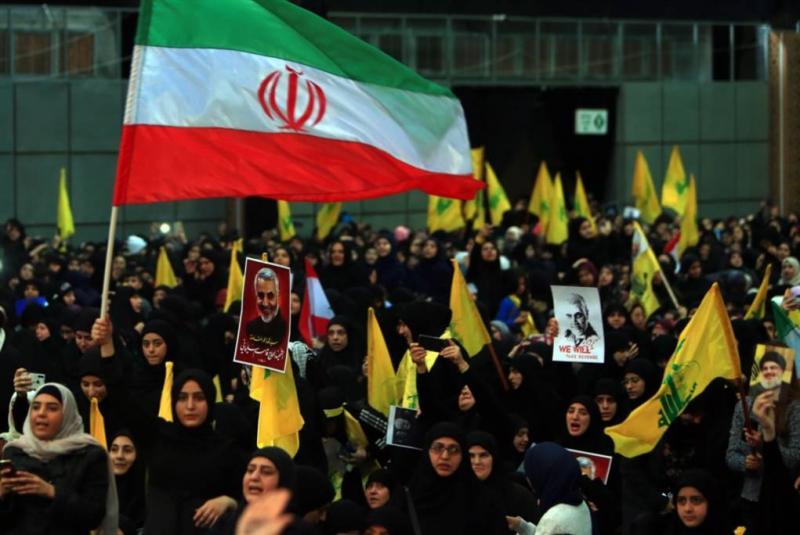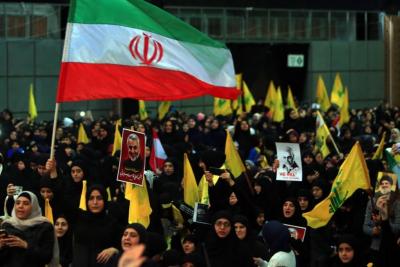A senior source in the Iranian Supreme National Security Council revealed to the Kuwaiti newspaper "Al-Jarida" that "the United States and Iran held a new round of indirect security meetings last Wednesday in one of the Gulf countries, where they discussed ways to de-escalate regional tensions and the possibility of Tehran supporting a ceasefire in Gaza in exchange for reviving the unwritten agreement reached previously between Tehran and Washington regarding the nuclear deal."
The source indicated that "Wednesday's meeting was dedicated to presenting each party's demands and did not yield any results, as each side is to consider the other's demands and respond in another meeting to be held in a location agreed upon later, after both sides agreed on the necessity of not limiting their meetings to one country."
He explained that "the U.S. side proposed to the Iranian delegation to return to the previous agreement reached in Oman, which stipulates the implementation of the nuclear deal's terms without formally announcing a return to it, meaning that Tehran would commit to stopping uranium enrichment above 3.67 percent and adhere to the limits outlined in the 2015 agreement, in exchange for Washington suspending some sanctions on Iran without any official announcement. During this period, both sides would seek to build a climate of mutual trust in preparation for the official return to the 2015 agreement."
He noted that "the U.S. side urged Tehran to pressure its allies to stop escalating tensions, especially in the Red Sea, and to support the Egyptian proposal for a ceasefire in Gaza, as well as the peace initiative between Israel and Hezbollah in southern Lebanon."
The source mentioned that "the U.S. delegation encouraged Iran to cooperate with the International Atomic Energy Agency and allow a comprehensive inspection of Iranian nuclear facilities before proceeding with any agreement between the two parties to verify uranium levels, quantities, and the heavy water that Iran has stored while the world is preoccupied with the Gaza war."
He clarified that "the Americans confirmed that a formal return to the nuclear deal should be accompanied by negotiations regarding Iran's regional activities, its missile program, and its supply of drones and missiles to Russia."
The Iranian delegation expressed that to de-escalate tensions in the region, Washington must end its unlimited support for Israel and begin taking steps to restrain Tel Aviv. Additionally, "the Iranians affirmed their support for any settlement to stop the war in Gaza or any agreement or path to resolve the Palestinian issue that receives approval from the Palestinian people, including regarding southern Lebanon."
The source pointed out that the delegation "warned that if Israel attempted to invade southern Lebanon, Iran would not stand idle and would do everything in its power to thwart the Israeli attack, and the Americans and Israelis should recognize that the issue of southern Lebanon, where Hezbollah, Iran's main ally, is based, is entirely different from the situation in Gaza governed by Hamas."
Regarding confidence-building measures on the nuclear issue, the source stated that "Tehran has no trust in the U.S. side, thus the Americans should take the first step, followed by Tehran taking the second step." He added that "the Iranian delegation responded to the U.S. demands regarding inspections by stating that the country has provided accurate reports to the IAEA about its nuclear facilities, and there is no provision allowing the agency to conduct inspections according to the Nuclear Non-Proliferation Treaty."




